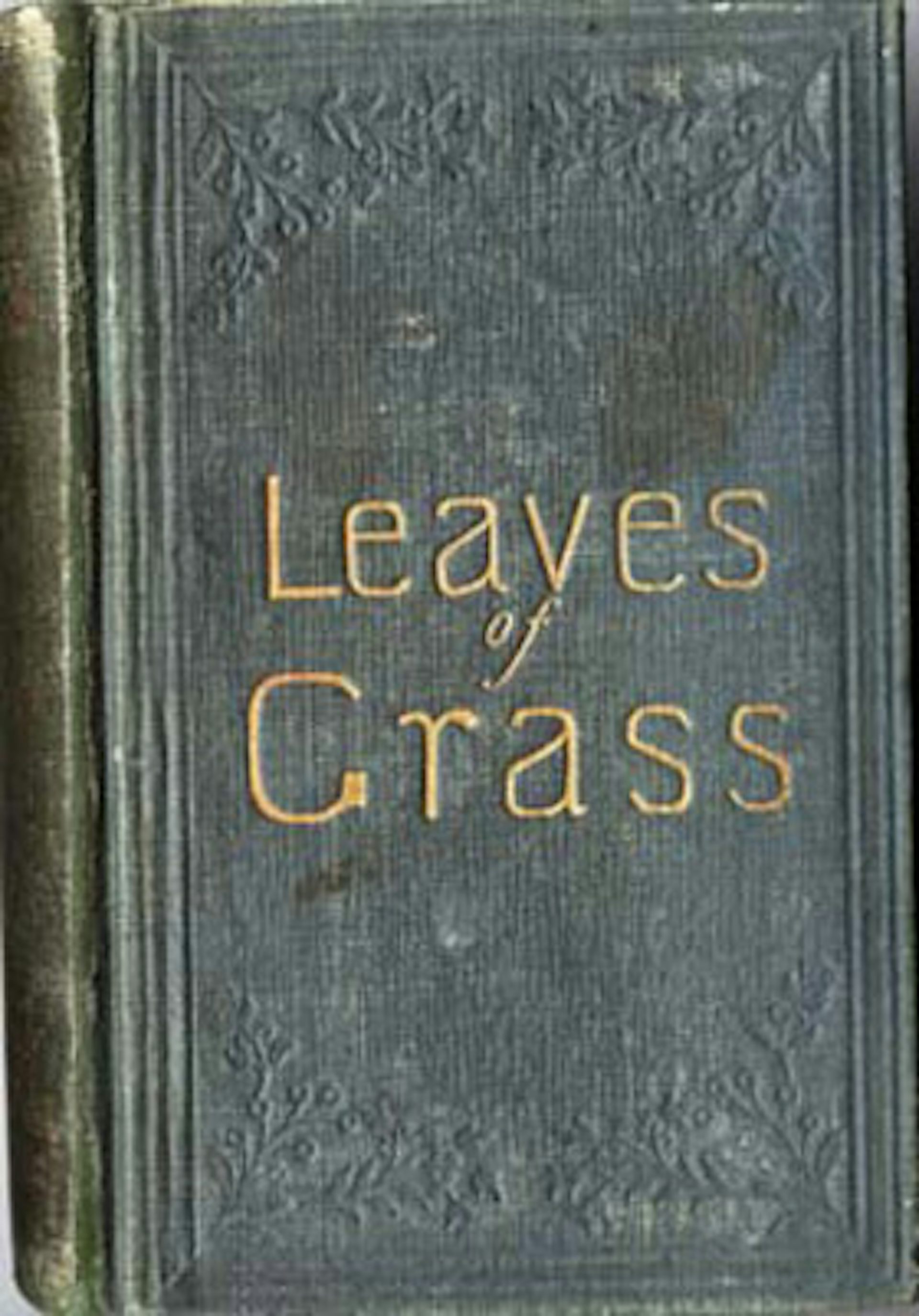
- #The conscious reader 12th edition read online pdf
- #The conscious reader 12th edition read online professional
Reviewed by Shaeeda Mensah, Professorial Lecturer, American University on 2/1/18 That said, with only a single exception that I could find (Frederick Douglass) the historical examples are representative of the European male dominated philosophical canon. I do not think the content or its presentation is likely to be found culturally insensitive or offensive at all (disclosure: I am a Caucasian male). I found no grammatical or typpgraphical errors.
#The conscious reader 12th edition read online professional
The text is written in student-approachable professional English.
#The conscious reader 12th edition read online pdf
Any reader comfortable navigating pdf files should have no concerns. I found no problems with the interface, navigation or text/image rendering in the pdf version of the text (the only version I read). Many students will find this structure helpful in putting flesh on the logical bones. Frederick Douglass, Hobbes, Socrates/Plato, Aristotle, Galileo, Hume, Frege, Russell, Peano, Meinong, Tarski and Carnap all make an appearance. In addition to the expected logical sequencing mentioned above, this text presents its material against the backdrop of history. For logic, I’d call this a feature, not a bug. Furthermore, it is not clear that rearranging the material would be helpful. A modular deductive logic text is unlikely to be as usable as this text. That said, the nature of the discipline requires careful sequencing of material. One could, for instance, teach/learn the sentential calculus on its own. This text is as modular as a systematic introduction to logic can be. This is a text in logic as such it makes a virtue of its consistency. Furthermore, instead of burdening the main text with sidebars or esoteric developments of the material, the author relegates these to footnotes, where they are no doubt useful to more advanced students without risking distracting the less well-prepared. The author is thus able to introduce concepts and techniques while demonstrating their value. For instance, most of the major concepts are introduced through discussion of concrete examples from the history of philosophy and science. The text is well-designed and clearly written for its intended audience. The systems presented are up-to-date and necessary revisions to the core ideas and techniques are unlikely for some time. The portion of logic introduced by this text is very stable. While that's fine given that the text concerns only deductive logic, students or faculty expecting discussion of a wider range of logical ‘goodness’ (e.g. A ’bad argument’ is, then, simply any invalid argument. Closely related to this is the equating of ‘good argument’ with ‘valid argument’ (using the traditional definition of the latter). Potential readers should be aware, though, that this is a text in symbolic / deductive logic, as such it reflects the conscious decision to exclude informal logic. I found no errors or biases in the text it accurately presents its field of logic. In place of a glossary, the text offers a very effective and detailed summary section for each of the two logical languages developed. While there is no index, this is hardly necessary in a digital text. This text provides a thorough and responsible introduction to symbolic logic from sentential calculus through first-order predicate logic with identity and its application to specific numbers in arguments. Reviewed by John O'Connor, Associate Professor, Colorado State University - Pueblo on 2/1/18 I intend to use this book as a refresher so that I can add more formal consideration of arguments as an element of my teaching. It would be fascinating if the author were to consider alternative logical approaches and probably would be unique among texts. The volume is clearly written within the “Western” intellectual tradition.

I have encountered no serious grammatical errors, or any really. The negation symbol used is not the one I thought was standard but apparently I was wrong! It is a concise volume and proceeds logically. I think I can use the volume as a reference for the occasional coverage of formal logic in my Business Ethics course, The book concludes with a look forward to advanced topics. The chapter order is approved and cannot be altered. The text can be assigned by individual chapter.

The style and structure are consistent throughout, Logical consistency is the sine qua non of a book of this kind. The author is painstaking in his quest for clarity, Using intellectual history as a foundation gives the book enduring relevance.

The author writes with care and leaves little room for misunderstanding. This volume is a well-constructed introduction to logic for undergraduates. Reviewed by David Jacobs, Adjunct Professor, American University on 6/1/21 Journalism, Media Studies & Communications.


 0 kommentar(er)
0 kommentar(er)
